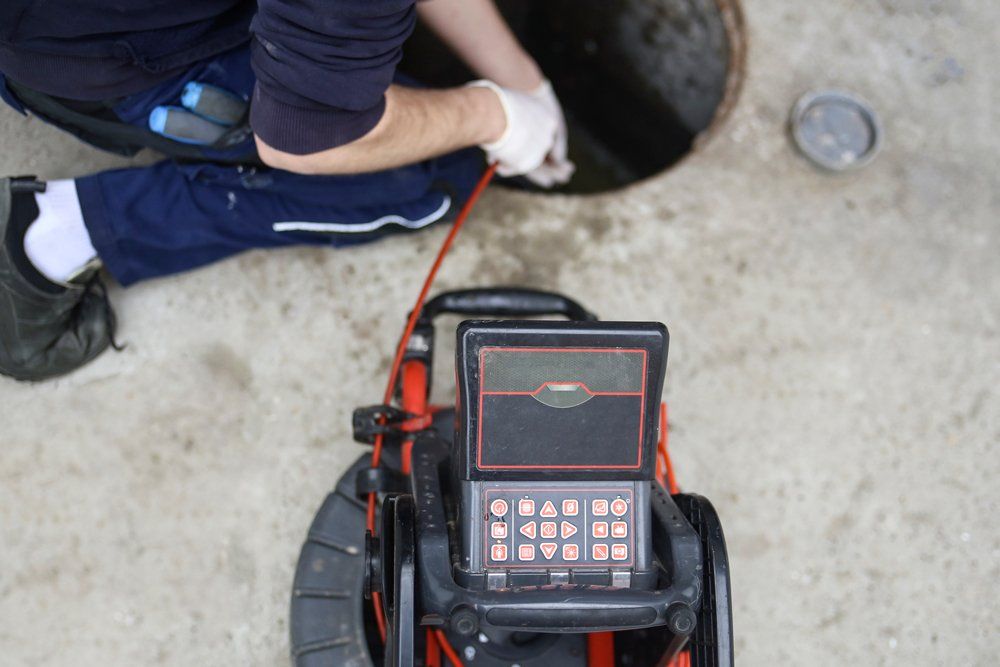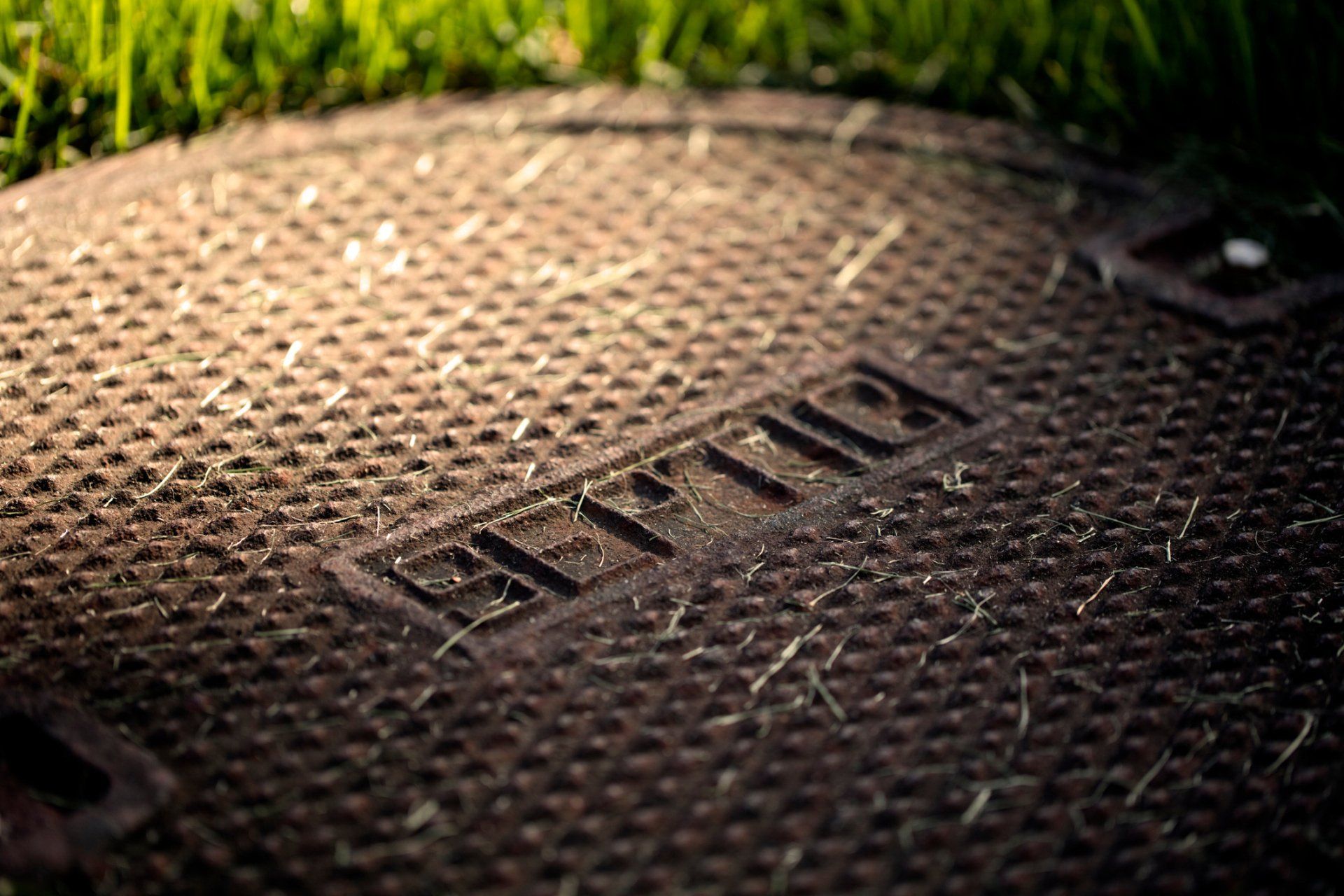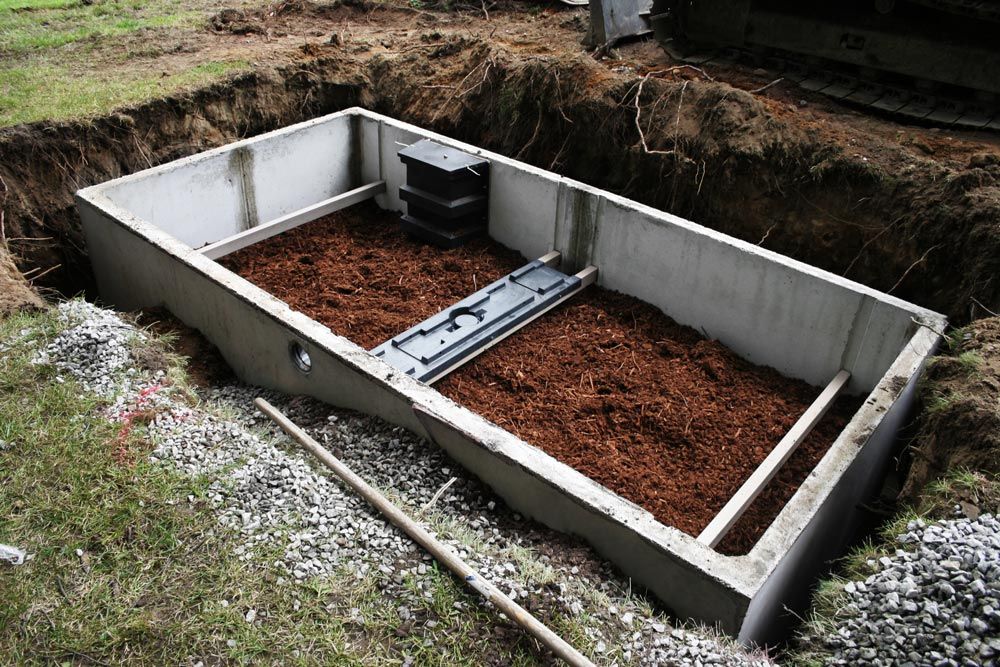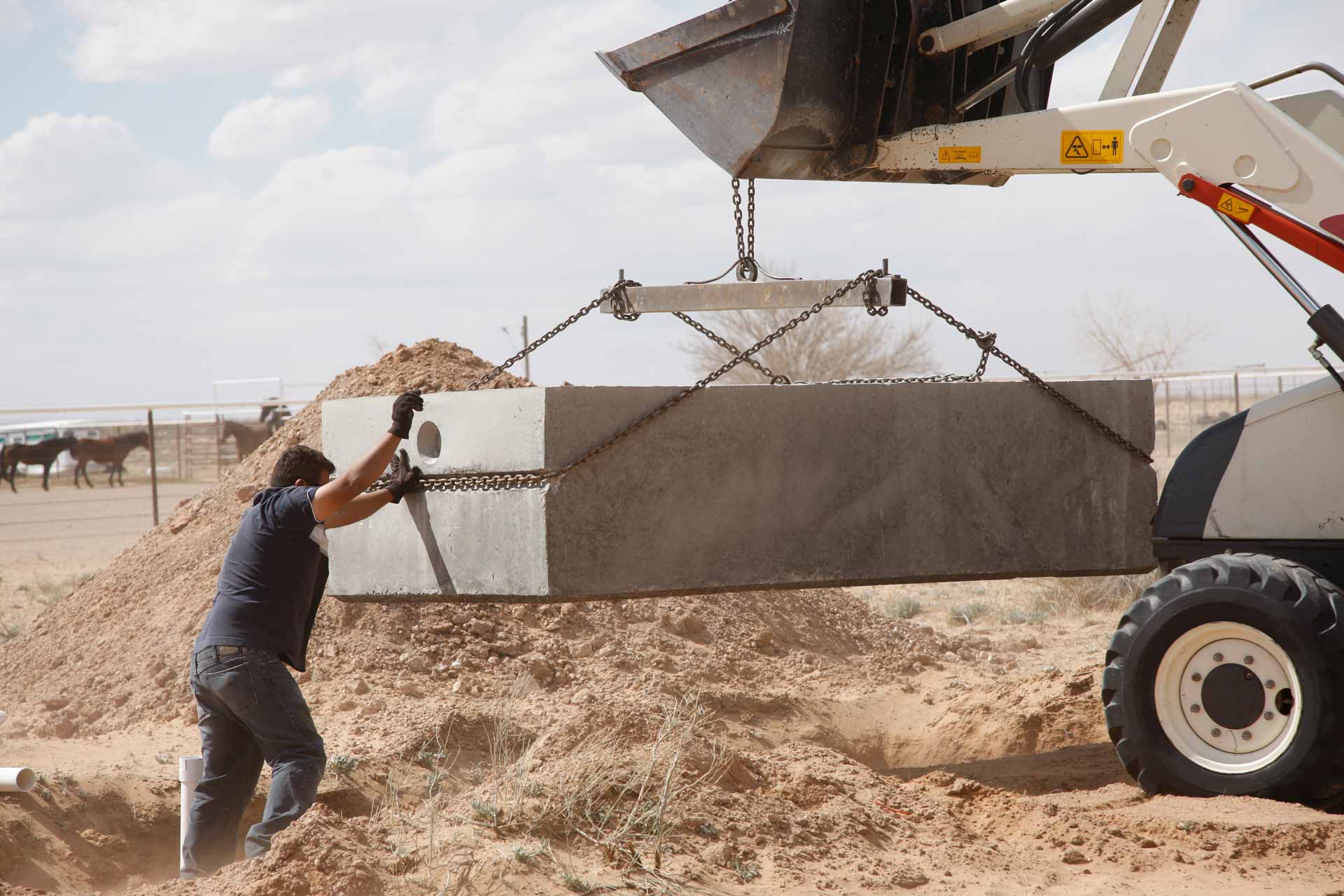3 Septic Tank Problems & How to Avoid Them
- By Admin
- •
- 28 Oct, 2020
- •
A well-maintained septic system can stay in great shape for decades. However, some homeowners find themselves replacing their systems sooner than necessary due to problems with the tank or drain field that could have been avoided with proper septic tank maintenance.
Read to learn about three common septic tank problems and how to prevent them to eliminate the need for early tank replacement or repairs.
1. Tank Cracks
One common septic tank problem is the development of large cracks. Large cracks can allow sewage that contains harmful bacteria to seep out of your tank and into your yard, potentially posing a health hazard to your family. In addition, groundwater can seep through these large cracks and into your tank, increasing your tank liquid level so much that your entire septic system can no longer work efficiently.
While some septic tank cracks are unavoidable, such as those caused by a natural disaster like an earthquake, others can be prevented with proper tank care.
If you live in an area that experiences freezing winter temperatures, cover the ground above your septic tank with mulch before winter arrives to keep the ground underneath warm. When the ground around your tank is warmer, the water inside of it is less likely to freeze and expand, which would lead to large crack development.
In addition, never drive vehicles or other heavy equipment over your tank, because the weight of these vehicles can crack the tank instantly. Finally, never plant trees or other large plants with intrusive root systems on or around your septic tank. Small cracks can become larger when plant roots enter them and enlarge the cracks as they grow.
2. Baffle Problems
Every septic tank is equipped with two devices called inlet and outlet baffles that help control the flow of wastewater into and out of the tank.
The inlet baffle directs incoming wastewater to the middle of the tank to encourage more efficient natural separation of liquid and solid waste while limiting the chance of inlet pipe clogs. The outlet baffle helps direct wastewater out of the septic system and into the drain field instead while blocking the outflow of solid waste.
If your inlet baffle cracks or collapses, then a septic system back-up can occur that can only be remedied by professional plumbers. If your outlet pipe becomes damaged, then solid waste can more easily enter your drain field and disrupt its natural bacterial balance, reducing its efficiency. This solid waste can also clog drain field pipes, leading to the need for pipe repair and replacement.
Both of these baffles can also become clogged when too much solid waste accumulates inside of your tank due to tank neglect.
To prevent baffle problems, obtain regular septic tank pumpings to remove solid waste accumulation. Your septic tank specialist will inspect your baffles for damage during the pumping process and repair or replace them if necessary to prevent future problems.
3. Floating Tank
Another common septic tank problem is a floating tank. When a septic tank floats, it begins to rise out of the ground instead of staying buried where it belongs. As the tank rises, it can break free from the inlet and outlet pipes connected to it and become completely unusable until it is reburied and repaired. Plastic and fiberglass tanks are more prone to floating than concrete tanks because these materials are lighter.
Thankfully, you can take additional steps to prevent septic tank floating. First, ensure home gutter system downspouts are not directed toward your septic tank where they can saturate the soil around it and increase the chance of floating.
In addition, avoid having your tank pumped when the ground surrounding it is saturated with water, such as after a long period of heavy rain. Tanks are more susceptible to floating when they are empty while the ground around them is saturated with water.
If you are a homeowner with a septic system, then follow these tips to prevent septic tank problems. Contact the septic tank specialists at Pete's Outflow Technicians to schedule a tank pumping service or septic tank repair today.









